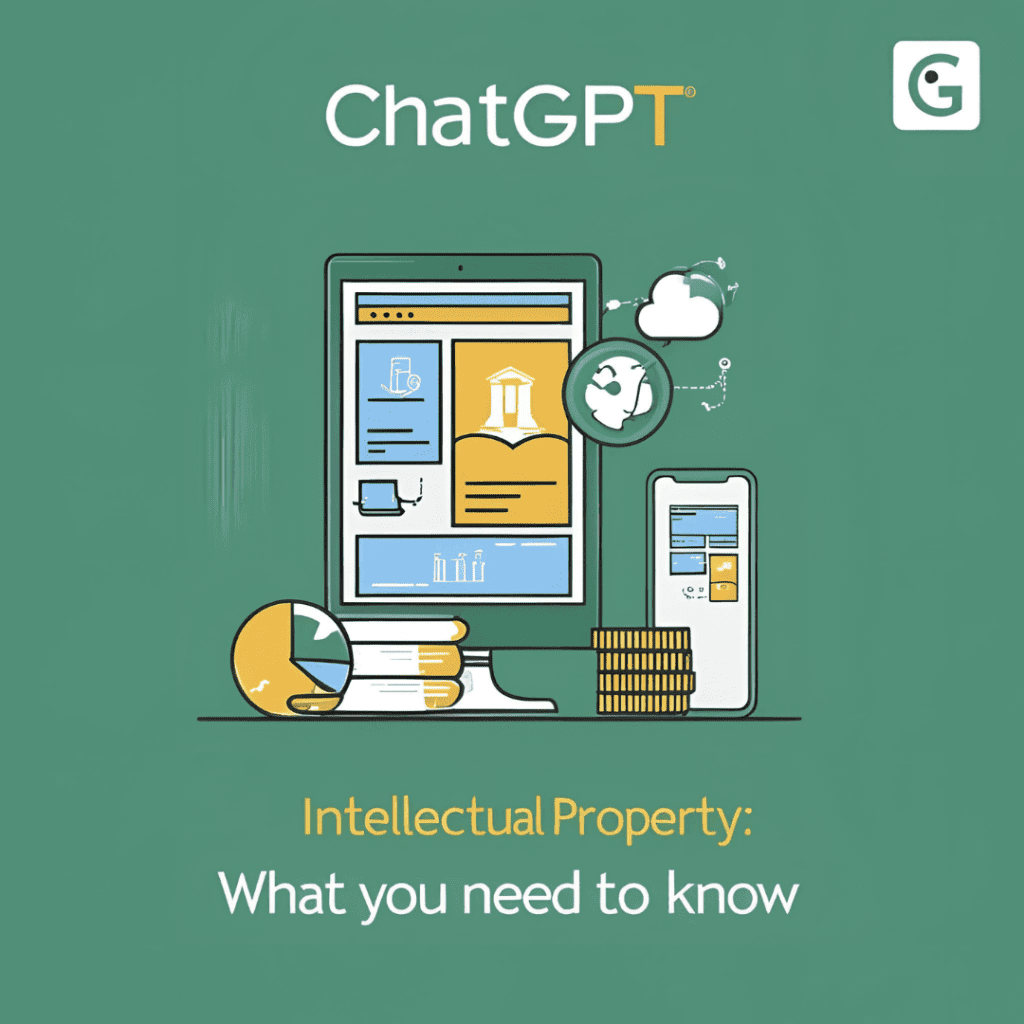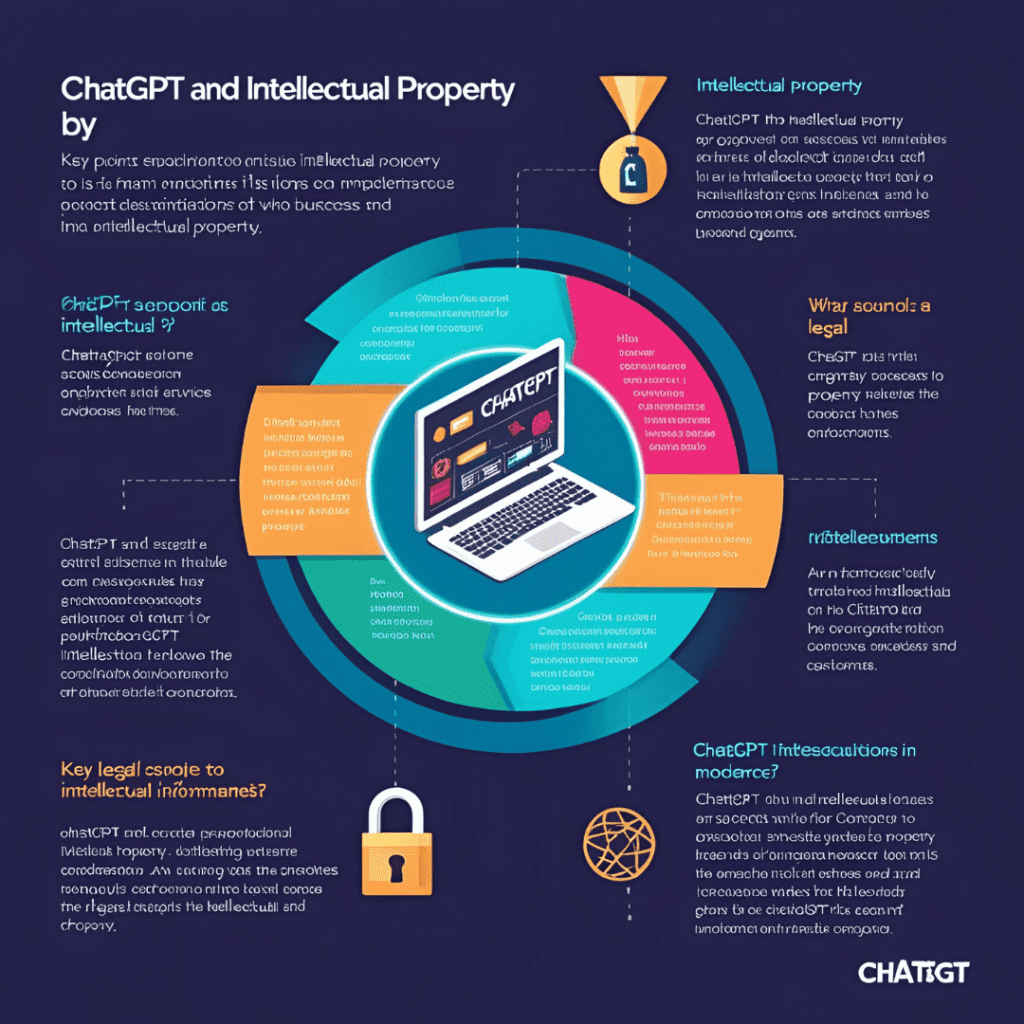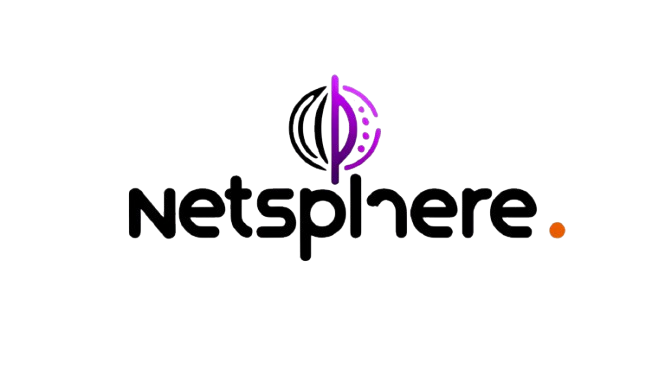With the rise of artificial intelligence, many questions are emerging about what is considered human creation versus machine generation. One of the most debated topics is: Does ChatGPT-generated content have copyright protection? Can it be considered intellectual property? Who owns what the AI creates?
In this post, we’ll clarify the key points about ChatGPT and intellectual property, based on current practices and legislation.

1. ChatGPT does not own copyright
The content generated by ChatGPT does not belong to the AI itself. It is merely a tool. All output is based on public and statistical data, without creative intent or legal originality. OpenAI, the company behind ChatGPT, states that users are free to use the generated content, including for commercial purposes, as long as they follow the terms of service.
2. AI-generated content is not legally “authored”
According to copyright laws in many countries, only human beings can be recognized as authors of protected works. Since ChatGPT is not a person, its content is not automatically eligible for copyright protection, unless it’s edited, adapted, or enhanced by a human who claims authorship.
3. You can use AI content commercially — with responsibility
When using ChatGPT content for ebooks, blogs, courses, or social media, it’s important to review, edit, and personalize what the AI generates. This helps avoid generic content, accidental plagiarism, or repetition of ideas already published online. That way, AI becomes a support tool — not the final creator of your work.
4. Risk of resemblance to existing works
ChatGPT may produce content that resembles existing materials, since it was trained on a vast dataset from the internet. While it does not directly copy, there’s always a risk of similarities with protected works, especially in technical or common-topic texts. Always review AI-generated content before publishing or claiming authorship.
5. How to protect your AI-assisted content
If you use ChatGPT as a starting point and then add your own ideas, structure, and personal style, you can register the final result as your own intellectual property through copyright offices or digital timestamp services. The key is to show that AI was only an assistive tool.

ChatGPT is a revolutionary content creation tool, but it does not replace human creativity and does not own rights to what it writes. It’s up to you to turn AI text into something unique, valuable, and original. With awareness and responsibility, you can leverage AI without compromising intellectual property rights.
SEO Hashtags
#ChatGPT #IntellectualProperty #Copyright #AIContent #ArtificialIntelligence #DigitalMarketing #OpenAI #ContentCreation #EthicalAI #Innovation #AIandLaw #ResponsibleTech #AIinBusiness









